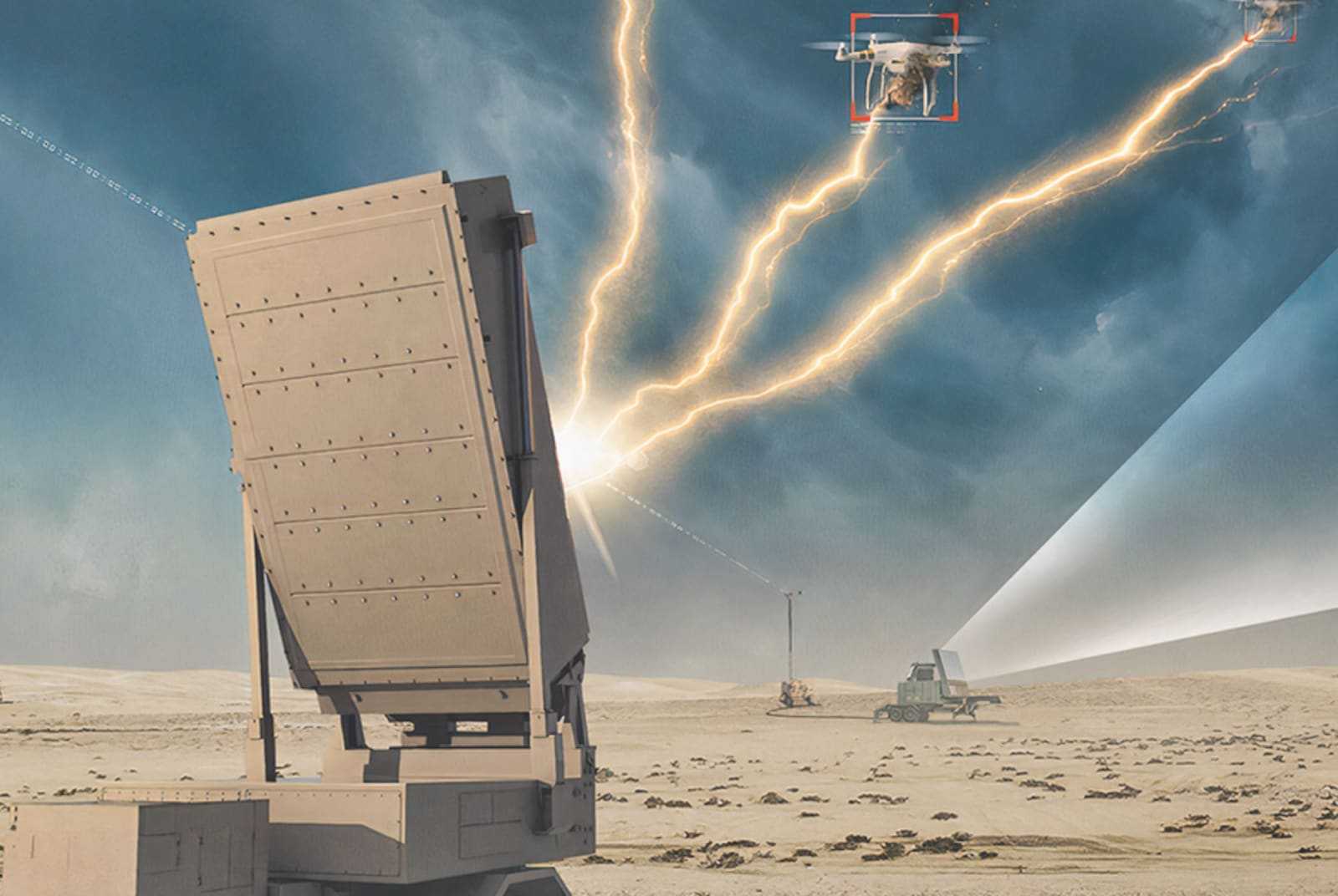Discovery of a 3,500-Year-Old City in Swat, Khyber Pakhtunkhwa
Recent archaeological excavations in the Swat district of Khyber Pakhtunkhwa have uncovered the remnants of a city that dates back approximately 3,500 years. According to the Department of Archaeology, various artifacts from different periods have been discovered in the ancient city of Bzirah, located in the Birkot area of Swat.
Excavation Details
The excavation, which has reached depths of 40 feet, has revealed the remnants of various civilizations, including artifacts from Buddhism, Hinduism, Zoroastrianism, and the Islamic period. Historical records suggest that the city was abandoned after a devastating earthquake in the 4th century CE. The remains found at Bzirah date back to this ancient time.
Since 1960, excavations at the site have been conducted in collaboration with Italian archaeologists. So far, the archaeological site has been excavated to a depth of 40 feet, and the discovered city spans an area of about one kilometer.
Historical Significance
Bzirah holds significant historical importance, as it was the first city conquered by Alexander the Great upon his entry into Swat. The remnants of the city include a stunning fortress and surrounding mountains, highlighting its strategic location and architectural grandeur.
This discovery not only sheds light on the rich cultural heritage of the region but also emphasizes the importance of ongoing archaeological research in uncovering the historical narratives of ancient civilizations. The findings from Bzirah contribute to a deeper understanding of the socio-cultural dynamics in the region over millennia.
As further excavations continue, it is anticipated that more artifacts and insights into the life and culture of ancient Swat will be revealed, enriching the historical tapestry of Khyber Pakhtunkhwa and its ancient civilizations.







